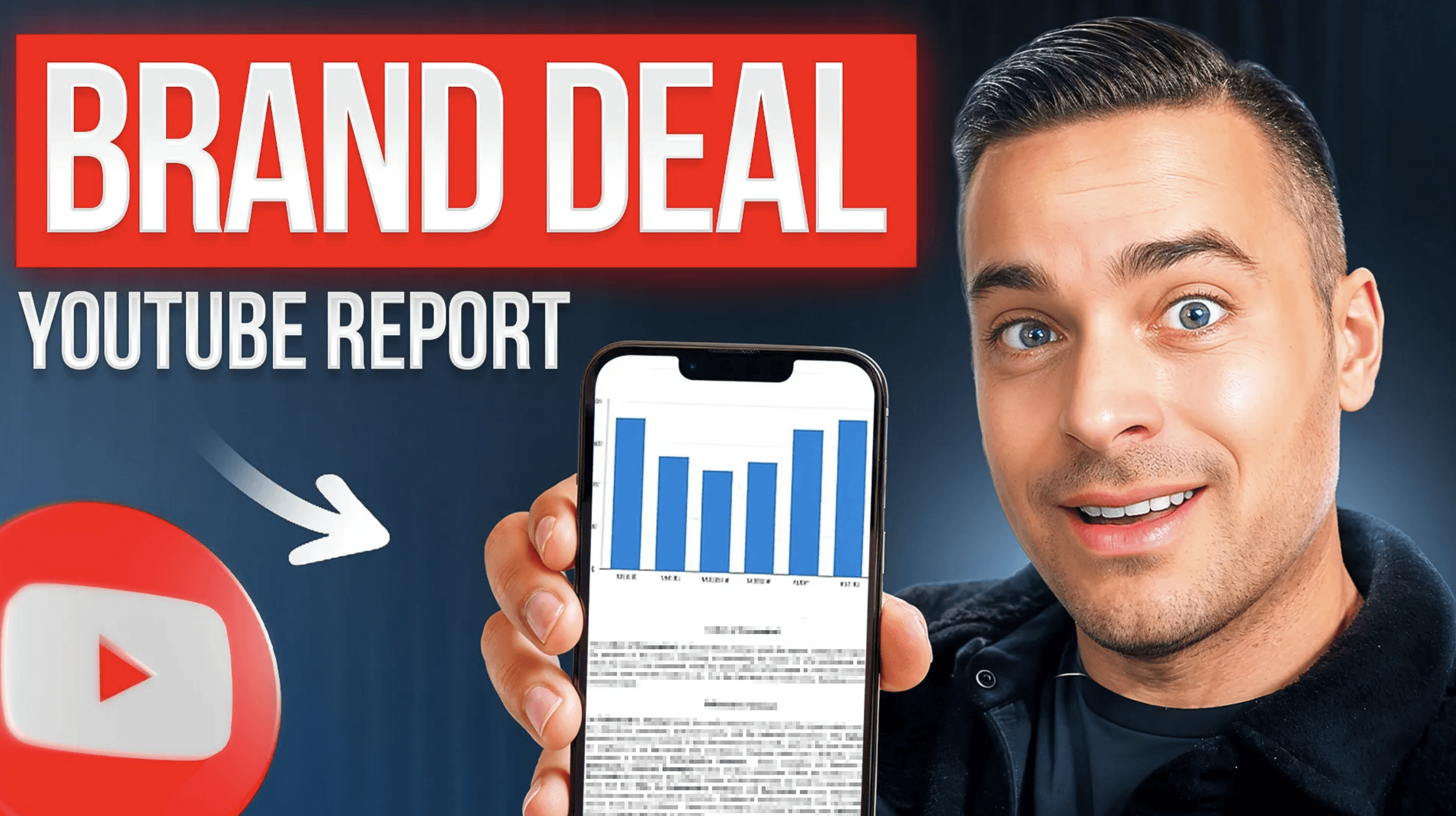
How to Use the A.R.C. Framework to Learn the Brand's Objectives
There are only three goals that brands care about when forging partnerships:
Awareness, Repurposing, or Conversion, aka my A.R.C. Framework.
100% of the time it will be one, two, or all three of those.
It will never be anything else (don't overthink it).
Awareness campaigns
When you ask a brand, "What would success look like?" and they say things like:
"We want to spread the word about our new product launch"
"We're launching in the U.S. after only being available in the U.K."
"We want everyone to know about this cool new feature."
"When people think of XYZ, we want them to associate that with our brand instantly."
They're clearly after increased Awareness.
The KPIs (Key Performance Indicators) that will matter are top-of-funnel metrics like impressions, engagement, or views.
Repurposing campaigns
When a brand says things like:
"Can we repost it on social media after you publish it?"
"Can we embed this on our website?"
"Can we run paid advertising with this?"
"Can we put this photo in a magazine ad or plaster it on our trade show booth?"
That's a Repurposing campaign.
The KPIs the brand will want to measure are things like the quality/quantity of assets you can create for them.
Conversion campaigns
When you ask a brand, "What would a 'win' look like?" and they say:
"Sales"
"Clicks"
"App Downloads"
"Free trial sign-ups"
That's a Conversion campaign.
The only KPIs they care about are at the bottom of the "funnel."
It's got to be trackable, measurable, and attributable.
"That's great, Justin. But how does that help me to negotiate more money?"
Understanding the brand's objectives is critical because their price sensitivity is different for each type of campaign.

At first glance, this may not make sense.
Shouldn't you be able to charge more money for a conversion-focused campaign than an awareness-focused one? Since you're driving, you know, actual sales?!
It seems counterintuitive, but let me work backward to explain why it's the opposite.
Conversion campaigns: Understanding brands' secret math
When a brand or agency tells you it's primarily interested in conversions, your contact likely has a specific CPA (Cost Per Acquisition) their boss or client is mandating they hit.
They're thinking,
"If we hire this person and they get 10,000 views on their video, based on experience, we're assuming about 10% of viewers will click our sponsored link in the description.
Of those 1,000 people, we anticipate 25% (250) will sign up for the free trial.
Of those 250 people, we expect 20% (50) to convert to paying customers.
Since our product costs $10 per month and the average user subscribes for ten months, our LTV (Lifetime Value) per customer is $100.
So, we hope to generate $5,000 in revenue from this partnership (50 paying customers * $100 LTV)."
Before jumping for joy and imagining how you'll spend the money, remember that the brand doesn't simply want to break even.
They want to turn a profit (that's the whole reason to do influencer marketing).
So the amount they'll want to pay you will be a fraction of $5,000.
Whether it's half, a third, or a fourth (or less) depends on each specific brand's target ROI (Return on Investment) and overall risk tolerance.
This is why brands with a conversion-focused goal are often the hardest to negotiate with (i.e., they have the highest price sensitivity).
Rather than getting mad and flaming the brand publicly for lowballing you, you can now empathize with what's happening behind the scenes.
At this point, it's your choice whether to continue negotiating or simply walk away.
Repurposing campaigns: What the brand is thinking (but not saying)
Your negotiating leverage is higher when a brand needs new creative assets to run paid advertising.
Imagine for a moment you're a niche creator with 10,000 followers on a short-form platform. Think about everything you bring to the table.
You're the creative team.
You're the camera crew.
You edit the content.
You market the content.
And, by the way, you can organically distribute the content.
If the brand doesn't hire you, they have to go out there and hire a production company!
And actors and actresses to star in the content.
And someone to edit the content.
And then, when that content is finished, they have to pay all the social media platforms to run the dang ad and get it in front of people!
The brand knows this.
And now you know it, too.
So, negotiate harder on these types of deals.
Awareness campaigns: "Squishy" metrics = payday for you
When your brand contact's boss is not constantly barking, "How many sales did that creator we hired drive?!", there's much less scrutiny on the profitability of each specific deal they sign with partners.
Of course, they care from a high level, but the questions the executive team is asking during the quarterly marketing review are things like:
"Did we get a lot of eyeballs on our campaign?"
"Did we spread the word?"
"Do people seem excited?"
Your negotiating leverage skyrockets when the success metrics are "squishy." Pretty sweet, right?

Get the ongoing support you need to set win-win pricing, submit spellbinding proposals, and negotiate like a pro.











